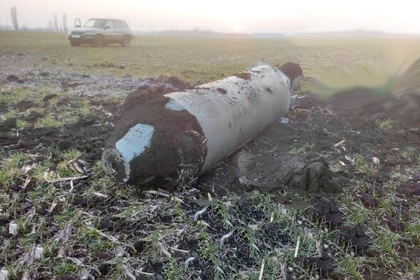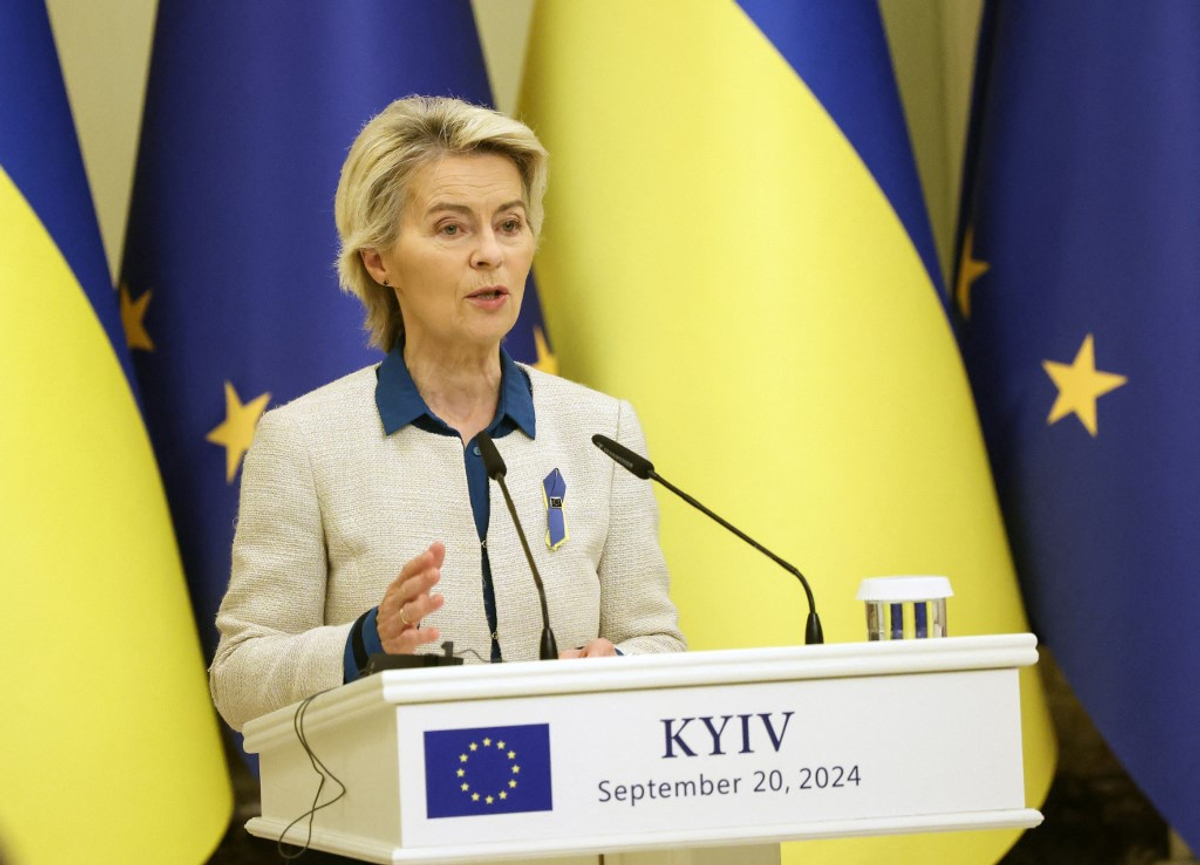The European Union (EU) informed Ukraine’s government on July 24, through diplomatic channels, that it was suspending all financial assistance to Ukraine until the independent powers of its anti-corruption institutions are restored.
This information was confirmed by four separate government, diplomatic and parliamentary sources, according to a report by Ekonomichna Pravda (EP).
Follow our coverage of the war on the @Kyivpost_official.
“Everything has been put on hold until the situation is resolved,” one of them told EP.
Ukrainian President Volodymyr Zelensky signed the controversial Bill No.12414 into law on Tuesday night, July 23, effectively gutting the country’s top anti-corruption agencies – the National Anti-Corruption Bureau (NABU) and the Specialized Anti-Corruption Prosecutor’s Office (SAPO) of their power to investigate corruption crimes independently.
In response to this move, the EU decided to suspend key funding packages needed to finance Ukraine’s macro-financial stability and investment projects – the EU’s share of the Extraordinary Revenue Acceleration (ERA) loan, backed by profits from around $20 billion in frozen Russian assets, along with financing from the European Bank for Reconstruction and Development and the European Investment Bank.
Funding under another key European Union’s financial assistance program, the Ukraine Facility, could also be in danger, though EP reported that current EU legislation may prevent it from holding back financing in the event Ukraine fails to meet expectations.

Other Topics of Interest
Russia Accidentally Bombs Itself 100 Times in 2025 – Russian Media
Lacking air superiority, Russian jets often launch bombs from inside their own airspace, sometimes with mishaps that cause the bombs to fall on Russian territory.
Ukraine has failed to complete its homework on reforms before, jeopardizing funding under the Ukraine Facility. But according to EP, Ukrainian Prime Minister Yulia Svyrydenko received a letter warning that a separate decision might be made to halt the funding.
According to the report, Ukraine’s government is expecting €18 billion ($20.88 billion) in total from both the Ukraine Facility and ERA loans. In addition, the EU has so far disbursed only €3.7 billion ($4.29 billion) under the Ukraine Facility, out of a planned €12.5 billion ($14.5 billion).
Under the ERA program, Ukraine has received €8 billion ($9.2 billion) from a total commitment of $18 billion.
The Ukraine Facility is a results-based financial package built on the “money for reforms” principle. Instead of simply disbursing funds, the EU ties payments to a set of reform benchmarks – specific actions policymakers must complete by designated deadlines.
Until 2025, Ukraine had met all reform indicators under the Ukraine Facility. However, in the first quarter of this year, three indicators remain unmet and one was delayed, which could cost Ukraine about €1.5 billion ($1.7 billion) in EU aid, according to a report by RRR4U, a consortium of leading Ukrainian NGOs including the Institute for Economic Research (IER), Dixi Group, the Institute of Analytics and Advocacy, and the Centre for Economic Strategy (CES).
The RRR4U report was published earlier in July, while Ekonomichna Pravda wrote that the EU issued another warning after the signing of the NABU bill.
To receive the now-withheld funding, Ukraine’s lawmakers and Zelensky should restore the independence of NABU and SAPO from the potential political abuse by Ukraine’s Prosecutor General, according to the letter referenced by EP.
Following publication of this article, Nicolò Gasparini, spokesperson for the EU Delegation to Ukraine, along with a representative from the French Embassy, contacted Kyiv Post and said the decision to withhold funding is directly linked to Ukraine’s underperformance under the Ukraine Facility program.
However, neither Gasparini nor the French embassy in Ukraine denied the existence of the letter allegedly sent to Svyrydenko.
“In this specific case, the €1.5 billion [$1.7 billion] cut is not linked to last week’s developments on the anti-corruption bodies, but it refers to the fourth request for payment under the Ukraine Facility,” Gasparini told Kyiv Post in an email.
He added that Ukraine made a request to decrease the tranche of the next Ukraine Facility disbursement. “Indeed, on June 6, Ukraine made a request for a partial payment (€3 billion [$3.5 billion]) instead of €4.5 billion [$5.2 billion],” he wrote.
Ukraine should receive €4.5 billion ($5.2 billion) for the 16 required reforms, but Kyiv said it only fulfilled 13, he wrote.
“Out of the three pending reforms, one is the law on the territorial organization of the executive authorities (so-called ‘decentralization reform’) and another [is] the law on the reform of ARMA. The third unfulfilled reform concerns the selection of judges in the High Anti-Corruption Court [HACC],” he wrote.
The payments for the unimplemented reforms are withheld for up to 12 months, during which reforms can be implemented.
The president has already formally registered the bill to restore the independence of the anti-graft agencies with the Verkhovna Rada, and it is expected to be passed and receive the full approval of Ukraine’s lawmakers on July 31.
Ukraine’s financing needs of approximately $30 billion were previously expected to be fully covered for 2025. Now they are jeopardized – in addition to this potential challenge, financing for Ukraine’s projected $46.3 billion budget deficit for 2026 has yet to be agreed.
As Russia’s full-scale invasion of Ukraine is expected to continue in 2026, when previously it was hoped it would have ended, $17.7 billion of the financing gap is necessary for Ukraine to finance its defense needs alone.
EP estimated that a failure to restore the independence of NABU and SAPO could cost $60 billion in financial aid to the state.
Ukraine’s newly appointed Prime Minister Svyrydenko is likely to seek more financing from the International Monetary Fund (IMF)and US Treasury Secretary Scott Bessent, as she aims to cover the continuing financial gap Ukraine faces due to Russia’s ongoing invasion.
